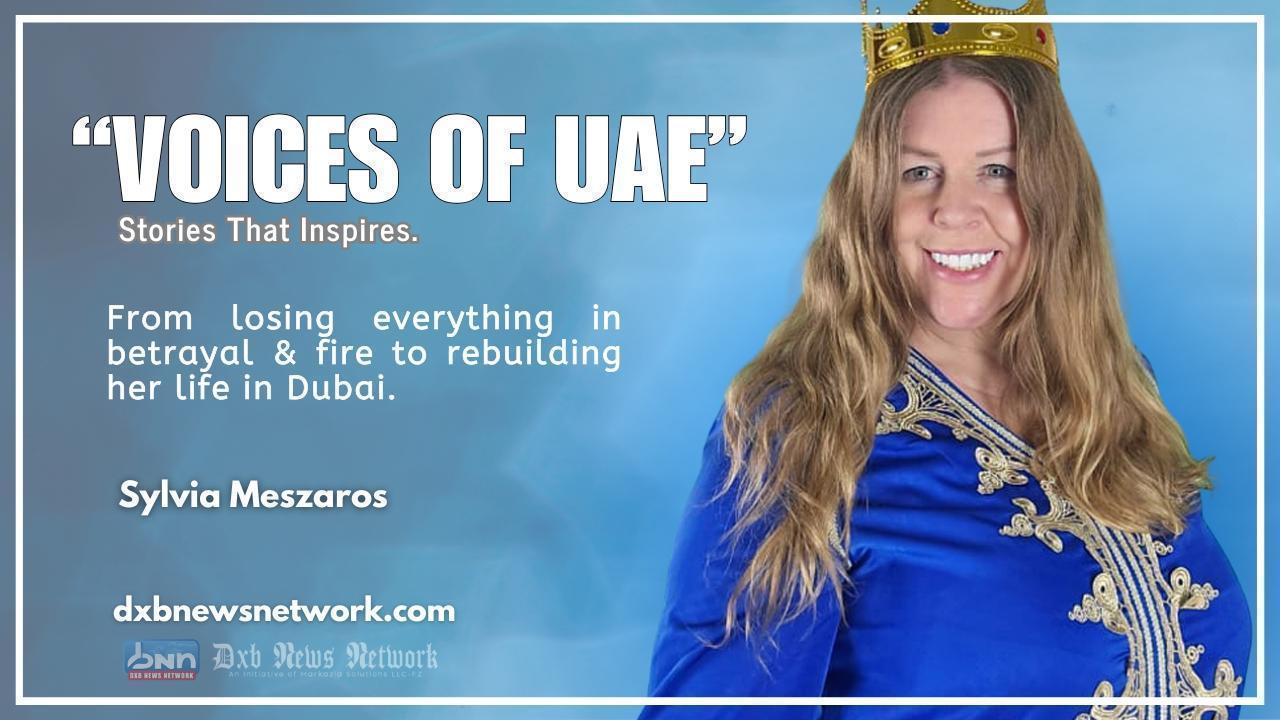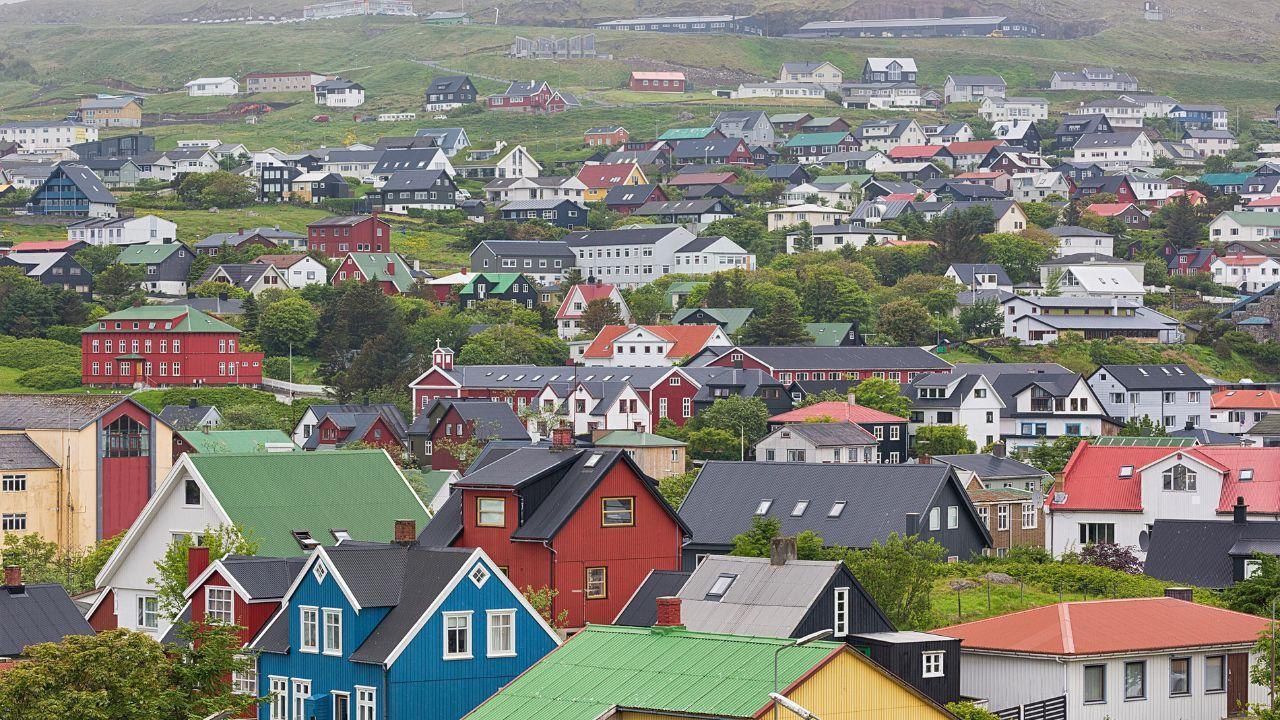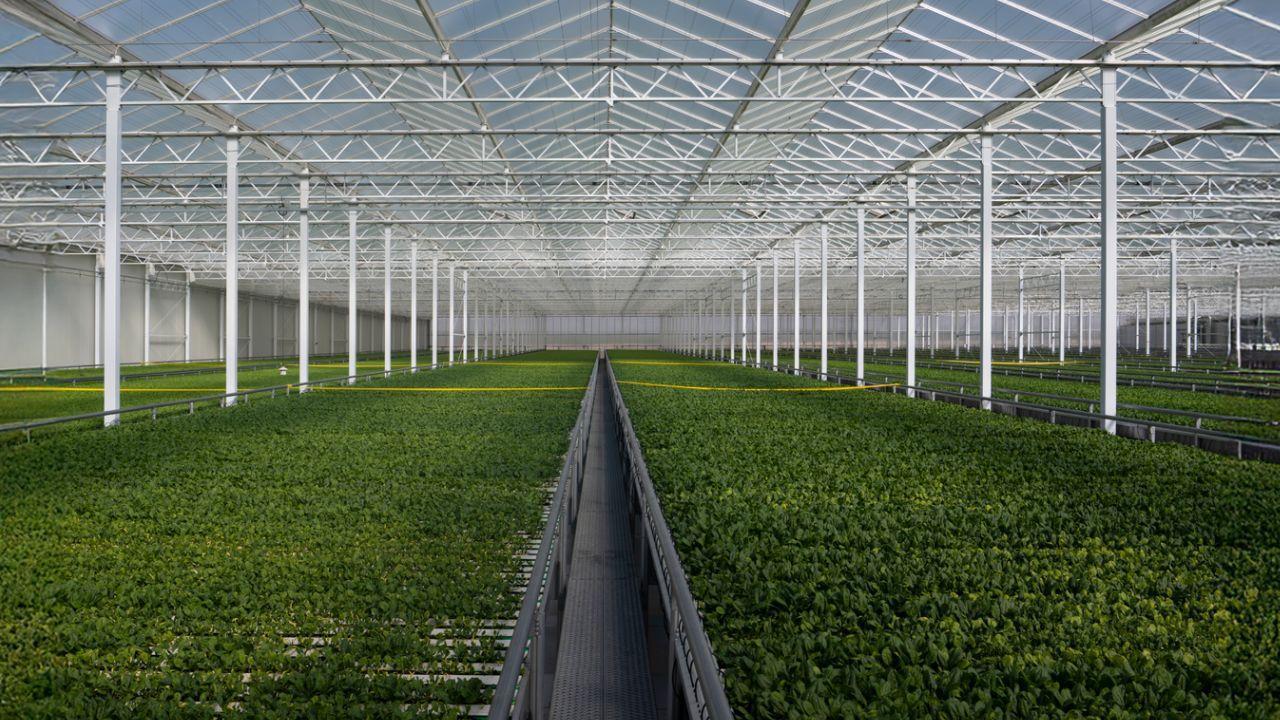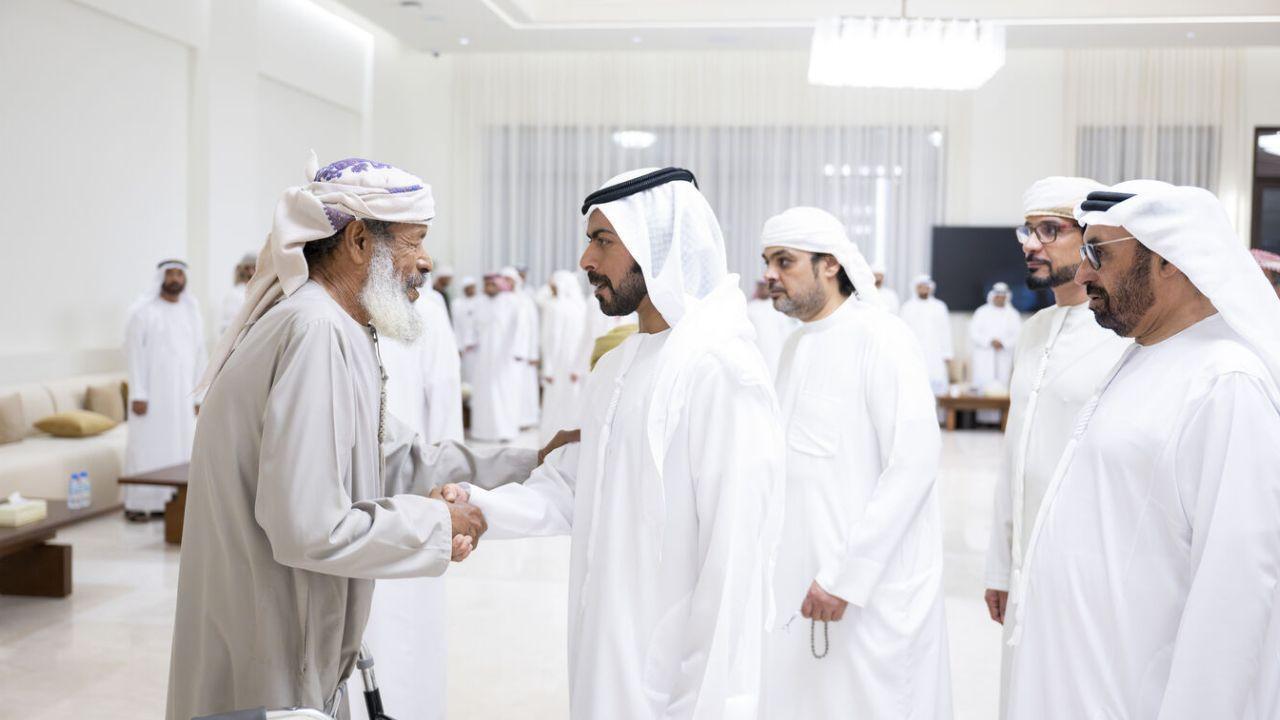
Fashion has always been a reflection of cultural trends, but in recent years, the global fashion industry has experienced a transformative shift. One of the most significant changes is the rise of eco-friendly fashion. As consumers become more aware of the environmental and social implications of their purchasing habits, sustainable clothing is emerging as a solution to counter the adverse effects of traditional garment production. In this article, we explore the rise of conscious fashion, its importance for the environment, and how it is shaping the future of the industry.
Eco-friendly fashion refers to garments produced with a focus on reducing environmental harm and promoting ethical practices throughout the entire production process. Unlike fast fashion, which relies on mass production and often involves cheap labor and environmentally harmful materials, this approach to fashion considers every aspect of a garment's life cycle. This includes the use of organic materials, eco-friendly dyes, and energy-efficient manufacturing processes. Additionally, ethical fashion brands prioritize fair working conditions and ensure that workers are paid fair wages. The shift towards sustainable clothing aims to create a system where the production and consumption of clothes have minimal negative impacts on the planet.
The fashion industry has long been one of the largest contributors to environmental degradation. From the vast amounts of water used in cotton farming to the chemicals involved in dyeing fabrics, traditional garment production is a major pollutant. Moreover, the fast fashion model encourages consumers to purchase clothes on a whim, often discarding them after only a few uses. This culture of disposability has led to a significant increase in textile waste, with millions of tons of clothing ending up in landfills every year. The movement toward eco-friendly fashion seeks to address these environmental issues by promoting longevity, reducing waste, and utilizing materials that have a lower environmental impact. By embracing conscious fashion, the industry can help mitigate the harmful effects it has on the planet.
One of the most significant advantages of eco-friendly fashion is its reduced environmental impact. Fast fashion is notorious for depleting natural resources, from water-intensive cotton farming to the pollution caused by synthetic fibers like polyester. In contrast, ethical fashion brands focus on using organic and natural fibers such as organic cotton, hemp, or bamboo, which require less water, fewer pesticides, and fewer synthetic chemicals. These materials are also biodegradable, unlike synthetic fibers that can take hundreds of years to decompose. By prioritizing eco-friendly materials and processes, eco-conscious fashion helps to reduce the carbon footprint of garment production, ultimately leading to a cleaner, more sustainable clothing industry.
Another key aspect of ethical fashion is its emphasis on fair labor practices. In many parts of the world, fast fashion brands exploit cheap labor, often in unsafe conditions, to produce low-cost garments quickly. This unethical approach not only exploits workers but also perpetuates cycles of poverty in developing nations. Conscious fashion brands, however, are committed to fair trade principles and ensuring that workers receive fair wages for their labor. These companies often work with artisans and small-scale producers, providing them with safe working environments and the opportunity to build long-term, stable livelihoods. By choosing sustainable clothing, consumers can help support brands that prioritize human rights and social responsibility in addition to environmental sustainability.

While fast fashion may be cheap and trendy, its garments are often low in quality, leading to a short lifespan. On the other hand, eco-conscious fashion is designed with durability in mind. Brands that focus on ethical fashion prioritize creating high-quality garments that will last longer, reducing the need for constant replacements. These clothes are often made from premium materials that are built to withstand regular wear and tear, meaning consumers can enjoy their clothes for years to come. The longer a garment lasts, the less frequently it needs to be replaced, ultimately contributing to less waste and reducing the pressure on textile recycling systems. Investing in durable clothing, therefore, not only benefits the consumer but also supports the long-term sustainability of the fashion industry.
Many eco-conscious brands aim to have a positive impact on the local communities where their garments are made. By sourcing materials locally or working directly with artisans, these brands help strengthen local economies and provide fair wages to workers. In some cases, these brands also invest in community development projects, improving education, healthcare, and infrastructure in areas where they operate. This approach to fashion supports the idea of ethical consumption by creating a direct link between consumer spending and the well-being of the people who produce the clothing. In this way, sustainable clothing helps foster economic growth and social stability in the communities that make it possible.
As consumers, we have the power to drive the demand for conscious fashion. The simplest way to embrace this movement is to be more mindful of the clothes we buy. Rather than constantly chasing the latest trends, we can focus on purchasing quality garments that will last. Choosing brands that prioritize sustainability is another effective way to contribute to this growing movement. Look for labels that use organic, recycled, or upcycled materials, and support companies with transparent and ethical production practices. Shopping secondhand is another excellent way to engage with eco-friendly fashion. Thrift stores, online resale platforms, and vintage shops offer a wide variety of high-quality, pre-owned clothes, reducing the need for new garment production.
The article The Rise of Sustainable Clothing – Fashion That’s Good for the Earth highlights the growing movement towards eco-friendly fashion, which emphasizes reducing environmental harm and promoting ethical practices in clothing production. By using materials like organic cotton, hemp, and bamboo, this fashion trend avoids the wasteful practices common in fast fashion. These garments are designed for durability, leading to less waste and a smaller carbon footprint. Additionally, brands within this movement prioritize fair labor practices, ensuring safe working conditions and fair wages for workers. Consumers can contribute to this positive shift by choosing long-lasting, quality items, supporting ethical brands, and shopping secondhand. This shift promises a brighter future for the fashion industry, where both innovation and mindful choices lead to positive outcomes for the planet and its people.
Disclaimer: This article is brought to you by dxb news network.
#trending #latest #SustainableFashion #EcoFriendlyFashion #GreenFashion #ConsciousFashion #SustainableStyle #EthicalFashion #EcoConscious #SustainableClothing #FashionForTheEarth #GreenStyle #breakingnews #worldnews #headlines #topstories #globalUpdate #dxbnewsnetwork #dxbnews #dxbdnn #dxbnewsnetworkdnn #bestnewschanneldubai #bestnewschannelUAE #bestnewschannelabudhabi #bestnewschannelajman #bestnewschannelofdubai #popularnewschanneldubai

She is a warrior. She is a mother who fought for her children, a woman who refused to be broken, an entrepreneur who is rebuilding her life...Read More.

The report highlights a steady increase in terrorism-related deaths in Pakistan over the past five years...Read More.
 Giannis credits work ethic for reaching 20,000 career points milestone
Giannis credits work ethic for reaching 20,000 career points milestone
Milwaukee Bucks star Giannis Antetokounmpo says his new milestone proves the power of consistent har
 South Korea air force jet accidentally drops bombs, injures eight
South Korea air force jet accidentally drops bombs, injures eight
Eight people were injured in South Korea as an Air Force jet accidentally dropped bombs on homes and
 UAE Muay Thai Championship Draws Record 800+ Local and Continental Fighters
UAE Muay Thai Championship Draws Record 800+ Local and Continental Fighters
The event featured fighters aged 8 to 23, competing across various weight divisions in a thrilling s
 Chameleon Phones & Smart Contact Lenses: Top Gadgets of MWC 2025
Chameleon Phones & Smart Contact Lenses: Top Gadgets of MWC 2025
Ultra-lifelike robots, color-changing phones, and smart lenses steal the show
 Virat Kohli's take on Hardik's sixes gets a priceless reply from Rohit
Virat Kohli's take on Hardik's sixes gets a priceless reply from Rohit
Virat Kohli and Rohit Sharma shared a special moment in the dressing room after India’s 4-wicket win

She is a warrior. She is a mother who fought for her children, a woman who refused to be broken, an entrepreneur who is rebuilding her life
Pakistan Ranked Second in Global Terrorism Index 2025

The report highlights a steady increase in terrorism-related deaths in Pakistan over the past five years
Escape the Crowds with Secret Destinations for the Ultimate Experience

Explore Secret Destinations and Escape the Crowds for Ultimate Relaxation
Abu Dhabi Launches Programme for Early Detection of Plant Diseases

The programme seeks to protect crops from diseases and pests, ensuring agricultural sustainability and food security in Abu Dhabi
Apple’s Steve Wozniak on Elon Musk: ‘Sometimes you get so rich, it goes to your head’

At MWC 2025, Apple co-founder Steve Wozniak expressed concern about how big tech companies "own our lives" and also commented on Elon Musk's wealth.
Harden scores 50 points, just one behind Kobe for 3rd all-time

James Harden scored 50 points, showcasing a vintage performance in the Clippers' new arena
UK Pound to Pakistani Rupee exchange rate today – March 6, 2025

The UK Pound (GBP) to Pakistani Rupee (PKR) rate hit 360.70 today, affecting trade, travel, and remittances
Michelle Trachtenberg’s friend shares her health struggles before death

A close friend of Michelle Trachtenberg shared that the ‘Gossip Girl’ star faced health issues before her tragic passing last week.
10 Fun and Productive Ways to Keep Yourself Busy

Stay Active and Engaged with These 10 Fun and Productive Ways
Khalifa bin Tahnoon offers condolences on passing of Abdullah Al Hameeri

Sheikh Khalifa bin Tahnoon offers condolences to the family of Abdullah Al Hameeri in Al Ain.
3001E, 30 Floor, Aspin Commercial Tower, Sheikh Zayed Road, Dubai, UAE
+971 52 602 2429
info@dxbnewsnetwork.com
© DNN. All Rights Reserved.